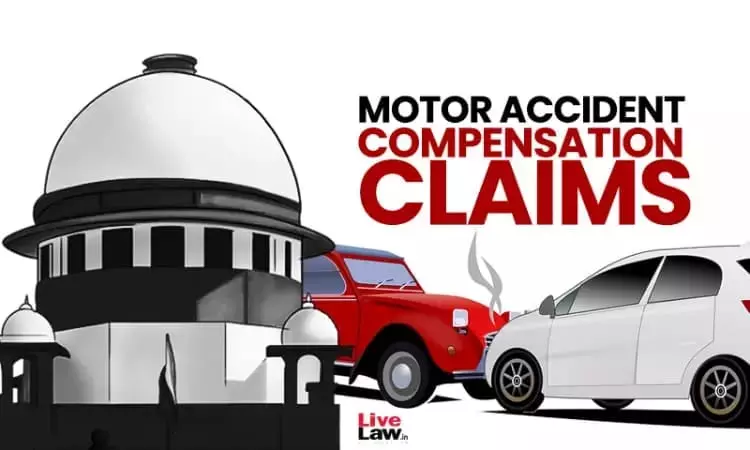The Supreme Court enhanced compensation granted to a B.Tech student who suffered 60 percent disability after a motor accident from Rs. 35.48 lakhs awarded by the Madhya Pradesh High Court to Rs. 48 lakhs.A bench of Justice Sanjay Karol and Justice Prasanna B. Varale emphasized that while monetary compensation cannot replace a life lost or fully mitigate severe injuries, it should aim to...

